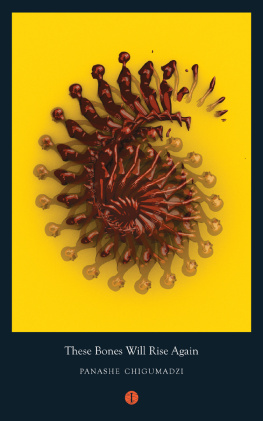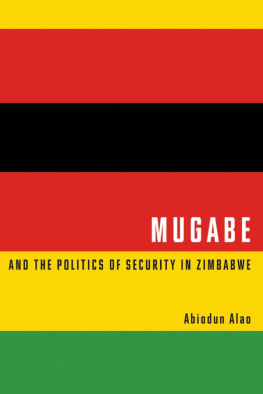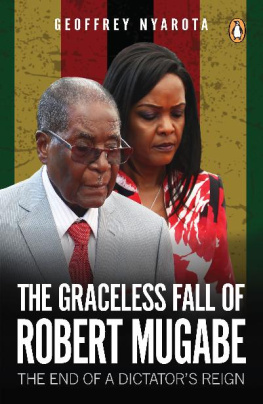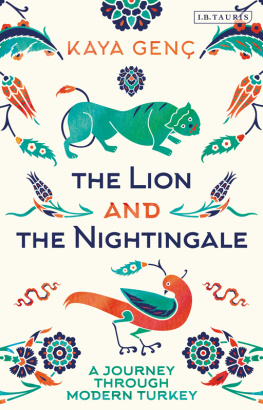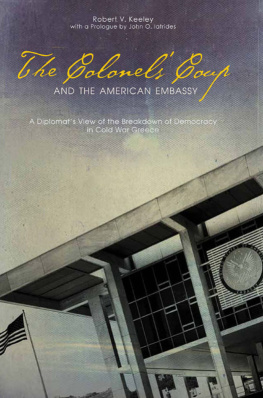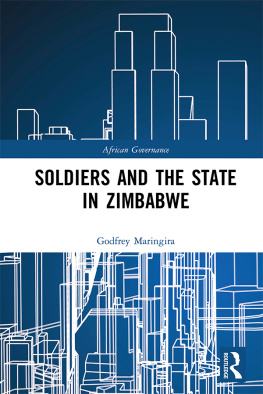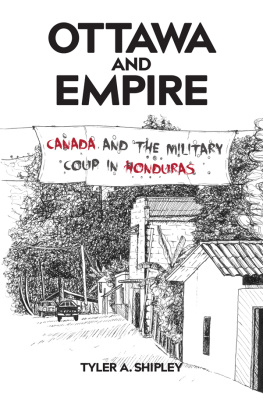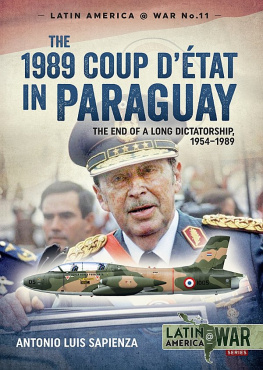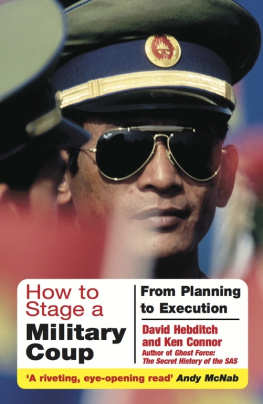Contents
Guide


THESE BONES
WILL RISE
AGAIN

BY THE SAME AUTHOR
Sweet Medicine
THE MOOD INDIGO
ESSAY SERIES
THESE BONES
WILL RISE
AGAIN
PANASHE CHIGUMADZI

MOOD INDIGO
An imprint of The Indigo Press
50 Albemarle Street
London W1S 4BD
www.theindigopress.com
The Indigo Press Publishing Limited Reg. No. 10995574
Registered Office: Wellesley House, Duke of Wellington Avenue Royal Arsenal, London SE18 6SS
COPYRIGHT PANASHE CHIGUMADZI 2018
Panashe Chigumadzi asserts the moral right to be identified as the author of this work in accordance with the Copyright, Designs and Patents Act 1988
First published in Great Britain in 2018 by The Indigo Press
A CIP catalogue record for this book is available from the British Library
ISBN 978-1-9996833-1-3
Print ISBN 978-1-9996833-0-6
All rights reserved. No part of this publication may be reproduced, stored in a retrieval system or transmitted, in any form or by any means, electronic, mechanical, photocopying, recording or otherwise, without the prior permission of the publishers
Design by www.salu.io
Typeset in Goudy Old Style by www.beyondwhitespace.com
Ebook produced by
Geethik Technologies Pvt Ltd
Tamil Nadu, India
Kuna Mbuya Lilian Chigumadzi ne Dzumbira Ndima yenyu makapedza
History is created in the mouth
Yvonne Vera
History is messy for the people who must live it
Michel-Rolph Trouillot
Silencing the Past: Power and the Production of History
I
M udzimu waivepiko, mudzimu mukuru isu tichi-netseka?
The Jairos Jiri Band asks this of me as I listen to them over my iPhone speaker. Where was our ancestor spirit, our great ancestor, while we were suffering? Someone had just sent their song Take Cover to one of the many WhatsApp groups keeping me updated with the latest in fake and genuine news of what was happening in Zimbabwe. The day before we had seen the videos of tanks moving on the outskirts of Harare after army chief Constantino Chiwenga denounced Robert Mugabes sacking of then Vice-President Emmerson Mnangagwa. My friends in Zimbabwe told me about the gunfire they heard. By the morning we had all seen the shaky recordings of the Zimbabwe Broadcasting Corporation (ZBC) announcement in which Major General Sibusiso Busi Moyo declared that the army had taken over. Apparently it was not a coup. Mugabe was safe. They were only targeting criminals around him. The army was merely safeguarding the revolution, lest it be betrayed.
When I forward the clip of Take Cover to my friend, she in turn shares her recordings of the Chimurenga music playing on ZBC that morning. She says she is feeling patriotic. Apparently, so are a number of other Zimbabweans on my Twitter timeline.
Zimbabwe has had many versions of history. The history of this moment, that some are already beginning to tell, is that this is the Fourth Chimurenga.
As I listen to the Jairos Jiri Band, I am unsteady. Mugabes impending removal feels as if the bottom half of one of Zimbabwes famous granite balancing rocks is being dislodged while we are still sitting on top of it. Where we are, suspended perilously above the ground, is not good, but where are we going to fall? What are we going to fall onto?
There are many questions and I am looking for answers. The kind of answers that slip past the facts of history books or analyses by pundits and experts. Answers that are not party politics. That are not Zimbabwe African National Union Patriotic Front (ZANUPF), or Zimbabwe African Peoples Union (ZAPU) or the Movement for Democratic Change (MDC). Answers that are not Cecil John Rhodes, Ian Smith, Joshua Nkomo, Robert Mugabe, Morgan Tsvangirai or Emmerson Mnangagwa, or any other Big Men in the history of the nation. Instead, the answers I need are answers to politics that are about how we live, hope, dream, cry, laugh, pray and believe. As I search, I realize that if I want different answers, I need different questions. The kind that the Jairos Jiri Band is asking: Where was our ancestor spirit, our great ancestor, while we were suffering?
In the midst of the confusion, I turn to a more familiar song: Thomas Mapfumos Mhondoro. My Shona is proficient but not literary. The long-exiled Mapfumo, whose lyrics are less ambiguous in their revolutionary message, should have been far easier for me to understand. He had not really featured in our household, despite the fact that he, along with family favourite, Oliver Mtukudzi, played music based on the mbira dzevadzimu, the mbira of the ancestors, an instrument of the Shona people, discouraged from being played by both missionaries and the Rhodesian state. The colonizers were right. They recognized that the mbira is dangerous a mouth through which spirits can stir up their people.
I had discovered Mapfumo on my own in the last few years. His Greatest Hits album is in my car, so I look for him on YouTube. In the video I often play, we hear Mapfumos deep bass explaining the song before it starts. This song, like many songs of the mbira, is one that is used for communication between the living and the dead. When it is sung, the ancestors, communicating through the spirit mediums, tell the living what they should know about the past, present and future.
As a people who believe that a person is both flesh and spirit and lives on after death, we often commune with our ancestors, but it is especially in times of crisis and need that we look to them for answers about ourselves. Answers that fall outside the categories of birth and death, that move with and against time, that collapse time, that are of and outside a place, that perhaps only a mudzimu, a familial ancestor spirit, or a mhondoro, a royal ancestor spirit, can provide.
Singing as if he is witnessing a spirit medium being possessed by an ancestor, Mapfumo declares that Zimbabwe is the land of the mhondoro. Those who fought in the Chimurenga looked to the royal ancestral spirits to guide and lead them. This is how the war was won. In his words, I can feel I am closer to the heart of what defines our people, a deeper truth that eludes news reports and punditry.
I n my search for the questions to ask in order to understand these events, there is one statement that keeps coming back to me: Mapfupa angu achapfuka. My bones will rise again.
27 April 1898. It is the answer that the spirit medium of the ancestor Mbuya Nehanda, who had lived in the Mazowe Valley of north-east Zimbabwe, gave when she faced the question posed by the noose in vicious response to her spiritual and military leadership of the Ndebele-Shona uprisings of 189697 against Cecil John Rhodes Pioneer Column. The First Chimurenga as it is known in chiShona. Umvukela in isiNdebele. She knew that the noose did not question her alone; it questioned and mocked us all. Look, your great spirit mediums are just flesh and blood. Where is the spirit now? Her answer, before the noose took her breath, was simple. My bones will rise again. The fire of these words was shut up in the bones that were buried in an unmarked grave. Bones that go into the earth and rise again and again. For decades, the embers of her bones would burn in resistance.

